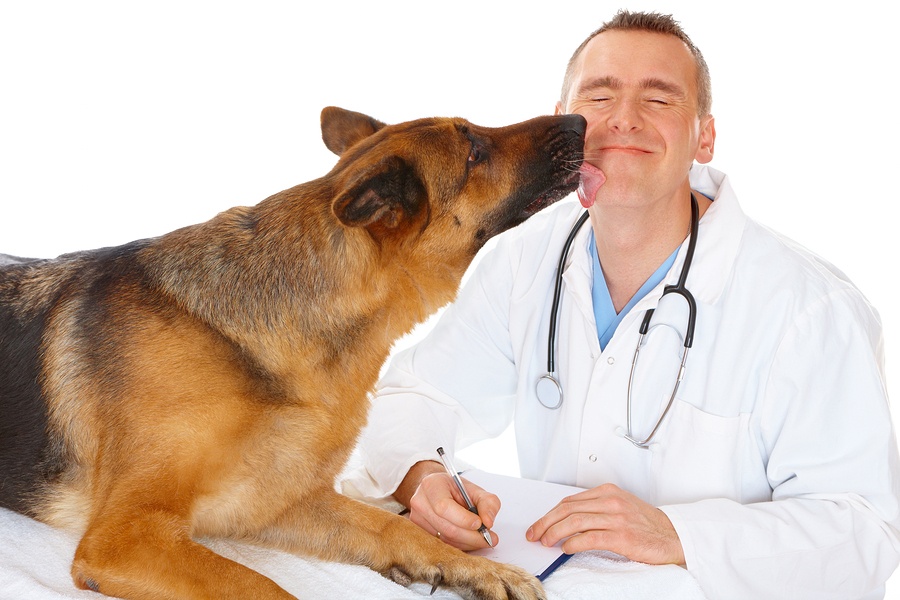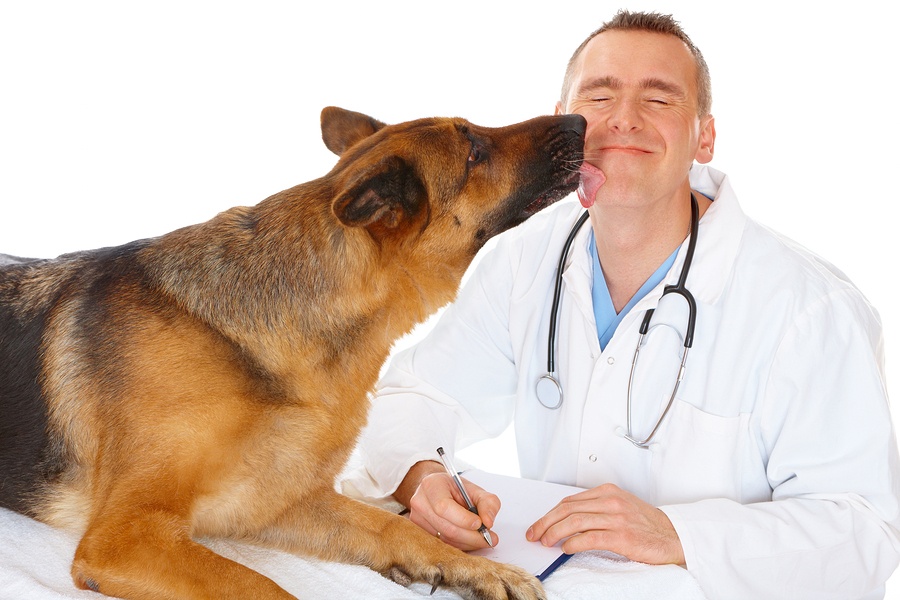Mothers are on the constant look out for both allopathic and home remedies that can help reduce the distress of their child suffering from cold and cough. Just like in a young child, a puppy too has a developing or underdeveloped immune system. They are more prone to kennel cough than the adult counterparts. If you have sent your pup or dog to a shelter while you were away on vacation the risk of your dog catching the Kennel Cough is large. As a pet owner you too may be striving to relieve your dog’s condition. Here is what you need to know about how you can prevent and treat kennel cough. If you want to understand what Kennel Cough is all about you may click here to learn more.
While adult dogs are more immune and can even show resistance to re-infection if exposed again. Pups and unvaccinated dogs cannot display the same amount of resistance and can develop severe symptoms more quickly.
Kennel cough treatment
Like all treatment, this respiratory disease also starts with a diagnosis. And you may need to spell out the symptoms and narrate any previous illness or ailments issues to the vet. Information such as whether the dog was boarded in shelters or was exposed to other canines will come in handy. This is because Kennel Cough is a highly contagious air-borne disease and generally contracted by inhaling the bacteria or viruses. The dog’s blood and urine samples will be collected for testing. Since multiple strains of bacteria and virus can cause kennel cough. To understand and analyze what is the actual causal agent, bacterial and viral cultures will be done.
If the symptoms are mild and its an uncomplicated version of kennel cough, antibiotics need not be rendered and the symptoms disappear in about three weeks. It is similar to how you may treat your common cold! But if there is visible discomfort but not very severe symptoms then substances that reduce the inflammation are prescribed. In the case where the dog has lost appetite, has fever and many cough episodes then antibiotics become necessary. On your part you can take off the collar or scarves and allow for the dog to breathe freely.
Vaccine
The vaccine for Kennel cough available commercially has the Bordetella strain so the effectiveness is debatable considering that there are various causal agents for this disease. The vaccine can be administered by injection, nasal mist or oral intake through the mouth. The injection takes longer to take effect when compared to the other two ways. If you are keen on taking your dog for dog shows or you plan to board it in a shelter then vaccinating at least 3 weeks in advance may help immunize your dog. Note that after the disease has taken effect giving your dog this vaccine will not help in any way. The vaccines need to be given regularly and based on the health conditions; the frequency of vaccine dosage varies from once a year to once every six months.






 Author and long-time animal lover. Sharing knowledge on pet care through experience and the written word.
Author and long-time animal lover. Sharing knowledge on pet care through experience and the written word. 